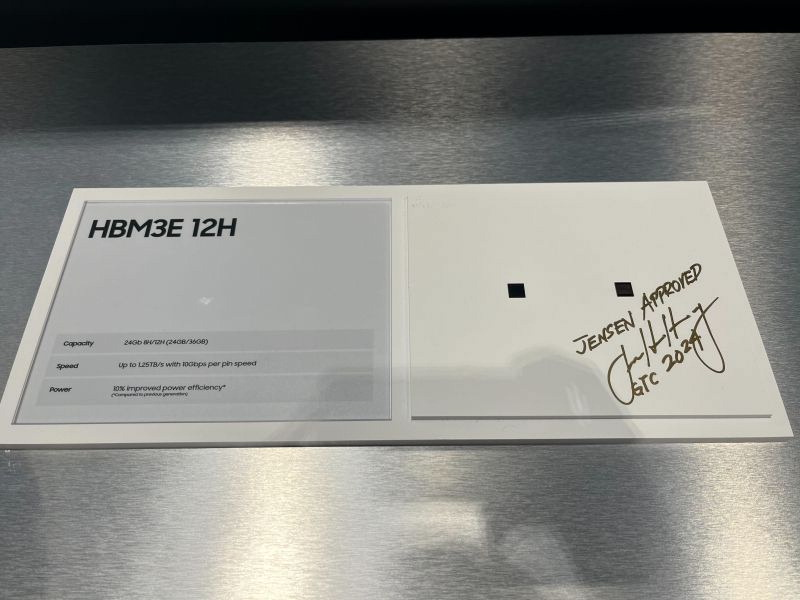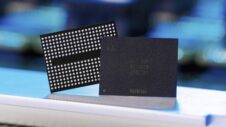Tech companies are finding it increasingly difficult to navigate the geopolitical tensions between the United States and China. The former has imposed many export restrictions and sanctions on the latter's entities, making it difficult for companies operating in the US and elsewhere to sell their products to Chinese companies.
A similar move may be on the cards for high-bandwidth memory chips that are crucial for artificial intelligence accelerators. There's incredible demand from China for these chips and companies like Samsung can make a lot of money meeting it, unless the US gets its way.
US doesn't want China to have HBMs
A new report claims that the United States is looking into unilaterally imposing restrictions on China's ability to get high-bandwidth memory chips. The US has consistently sought to block China's access to high-end semiconductors, thereby reducing its ability to leverage next-generation technologies.
The government could end up announcing sanctions later this month that would prevent memory suppliers like Samsung, SK Hynix, and Micron from supplying Chinese companies with these memory modules. Samsung is looking to cash in on this AI chip boom with its HBM products and China could be a very lucrative market.
This could also potentially derail Samsung's recent agreement with NVIDIA to provide it with HBM chips for its AI chips made specifically for China, if sanctions also prevent NVIDIA from supplying Chinese firms with AI accelerators, causing Samsung to potentially use billions in profits.
Samsung and SK Hynix are monitoring the situation closely amid reports of a potential ban on HBM supplies to China. Their shipments are minimal currently, but any new trade actions from the US would severely limit the potential for future growth there. China has been making its own moves to insulate the local industry from these sanctions, including investments of nearly $50 billion in domestic HBM production.






